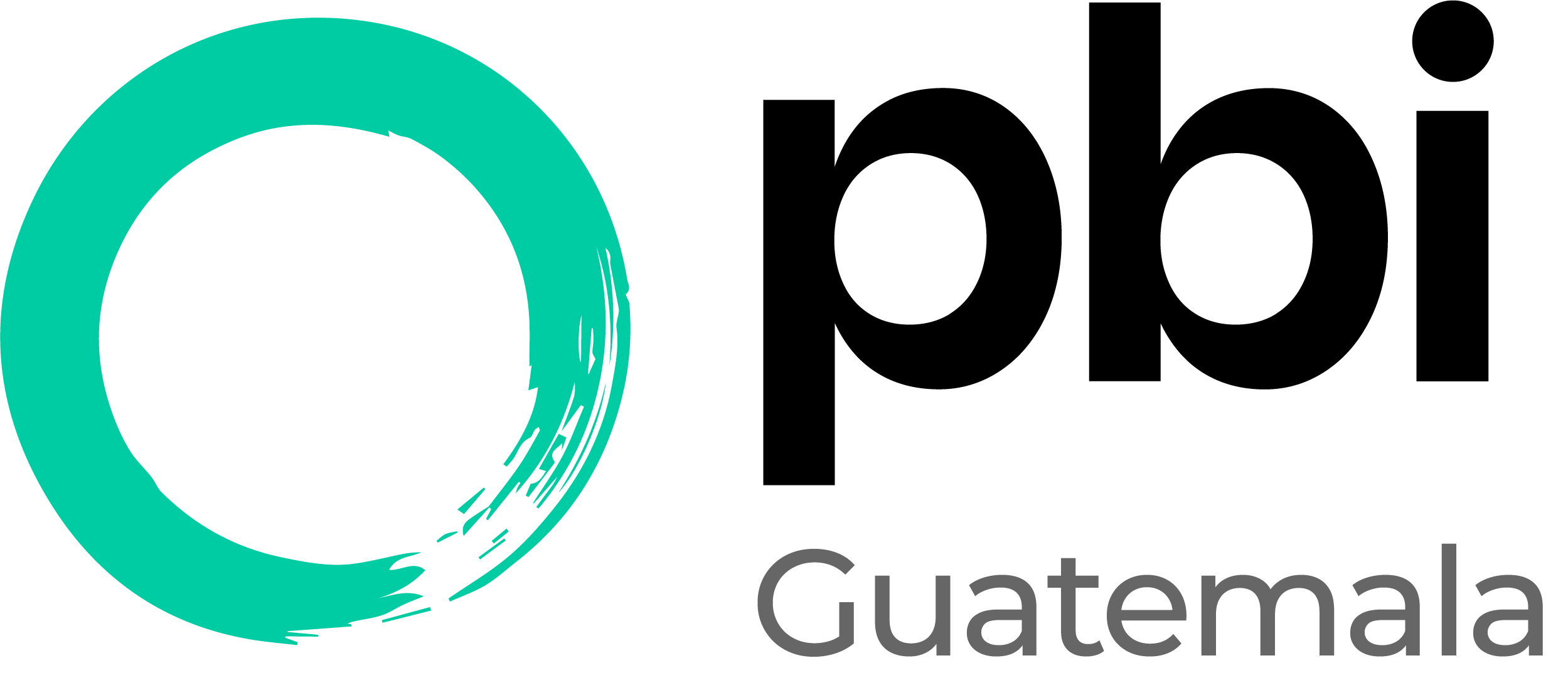On Friday April 26, the Higher Risk Court A acquitted, Abelino Chub Caal, Q’eqchi human rights defender, on all charges following two years and two months which Abelino spent in preventive detention. The court concluded that there was no evidence pertaining to any of the accusations made against him by the Public Prosecutor’s Office. These same accusations were backed by the Inversiones Cobra S.A. company, who acted as co-complainants in the case. The ruling states that “criminal law is being to criminalize the defendant’s conduct.” The court ordered for the immediate release of the human rights defender and community leader.
On hearing the court ruling, Abelino Chub Caal addressed the public at the hearing, stating that “from the moment I was arrested and when I gave my first statement, I said I want to go to trial because it was important for me to evidence all the injustices that have brought impoverished communities to their knees. Those who are oppressed by the very same State of Guatemala, which became evident when I was arrested. Let the world know that I am not a criminal, I am not a criminal.” He also called for the release of all other human rights defenders who are defending land and territory that are currently criminalized and imprisoned.
Several national and international organizations have condemned the criminalization of Abelino Chub Caal, and have repeatedly called for his freedom. Following the court’s decision a number of declarations of support were made on Twitter. The Human Rights Ombudsman (PDH) Jordán Rodas and the UN Special Rapporteur on Human Rights Defenders, Michel Forst, celebrated the sentence and the importance of the fact that it recognizes the right to defend rights. Vicky Tauli, UN Rapporteur on the Rights of Indigenous Peoples, and the Inter-American Commission on Human Rights (IACHR) cautioned States against using “criminal law as a means of resolving cases of defense of rights to lands, territories and natural resources” and “to avoid the misuse of criminal law to criminalize #Human Rights defenders.”
Abelino Chub Caal, teacher and community educator with the Guillermo Toriello Foundation, was arrested on February 4, 2017 in the village of San Pedro Carcha, Alta Verapáz. He was officially charged four months later by Aníbal Arteaga, the first instance judge for Puerto Barrios (Izabal), despite the fact that the Public Prosecutor’s Office had requested suspension of the prosecution for lack of evidence.
The case was transferred to the capital, and on May 8, 2018, the High Risk Court A, chaired by Judge Claudeth Domínguez, decided to link him to process for the crimes of conspiracy, aggravated trespassing and arson. These charges refer to incidents which, according to the Public Prosecutor’s Office, occurred between August and October of 2016. The Public Prosecutor’s Office accused Abelino of organizing the local population to invade the Plan Grande plantation (El Estor, Izabal), as well as starting a fire on the African Palm plantation. They accused him of leading the population to prevent a violent eviction from the plantation, provoking a confrontation against some 1,500 officers of the National Civil Police two months later.
The criminalization of Abelino Chub Caal has occurred within the context of the increased use of criminal law against human rights defenders of land and territory, particularly in Alta Verapáz and Izabal.
A summary of the ruling is available here
